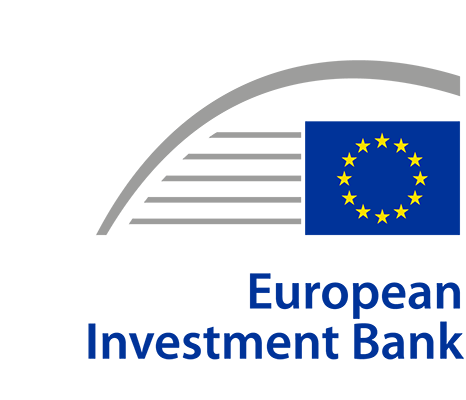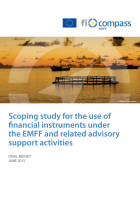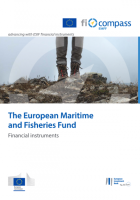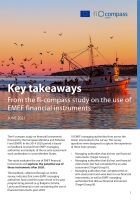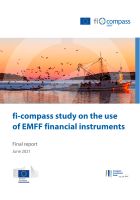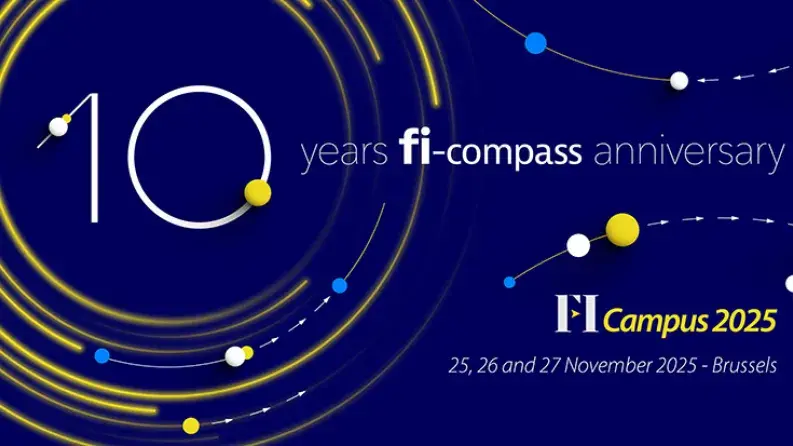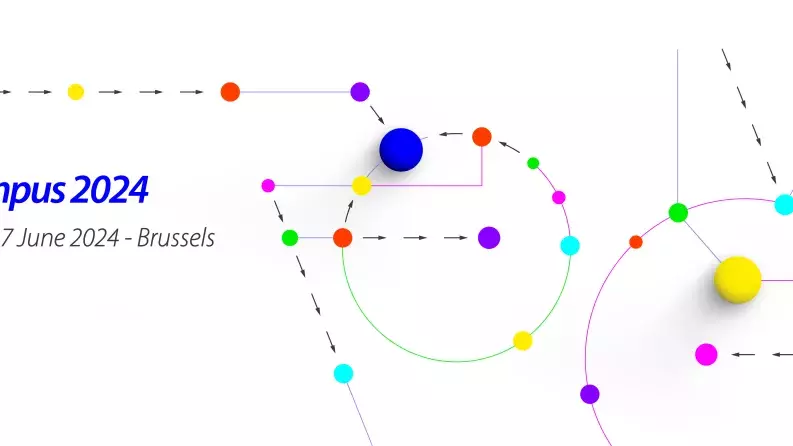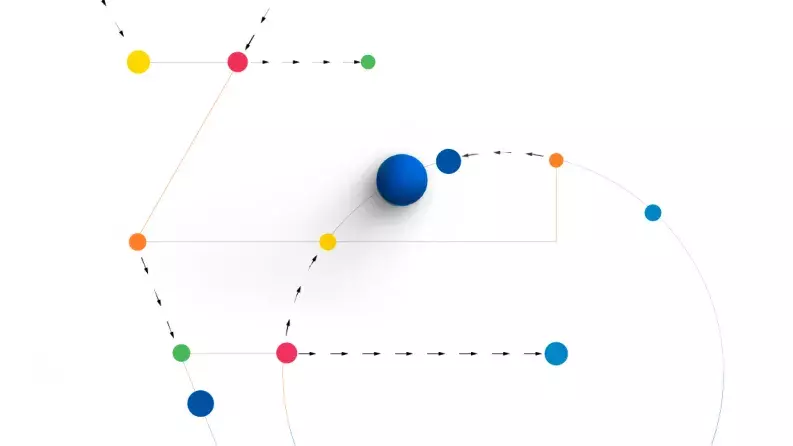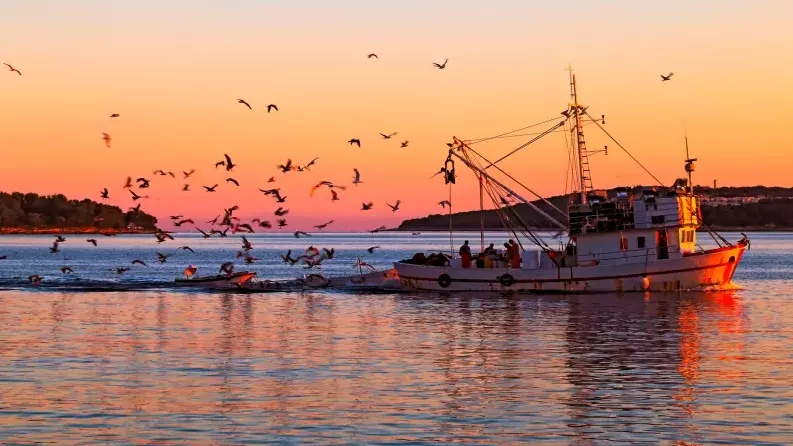The European Maritime, Fisheries and Aquaculture Fund
The European Maritime, Fisheries, and Aquaculture Fund (EMFAF), one of the European Funds under shared management (the ‘Funds’), runs from 2021 to 2027 and supports the EU common fisheries policy (CFP), the EU maritime policy and the EU agenda for international ocean governance.
The EMFAF has an overall budget of over EUR 6 billion for 2021-2027. The fund helps achieve sustainable fisheries and conserve marine biological resources, leading to food security through the supply of seafood products, growth of a sustainable blue economy, and healthy, safe and sustainably managed seas and oceans.
It also helps achieve the UN’s Sustainable Development Goal 14 (‘conserve and sustainably use the oceans, seas and marine resources’), to which the EU is committed.
Furthermore, the EMFAF helps fulfil the objectives of the European Green Deal, the roadmap for the EU climate and environmental policies.
EMFAF support can be provided through grants and, increasingly, through financial instruments.
EMFAF supports innovative projects that contribute to the sustainable exploitation and management of aquatic and maritime resources. In particular, it facilitates the transition to sustainable, low-carbon fishing and the protection of marine biodiversity and ecosystems. It ensures the supply of quality and healthy seafood to European consumers, the socio-economic attractiveness and the generational renewal of the fishing sector, and the development of a sustainable and competitive aquaculture contributing to food security. It also aims to improve skills and working conditions in the fishing and aquaculture sectors, the economic and social vitality of coastal communities, innovation in the sustainable blue economy, and maritime security towards a safe maritime space. Ultimately, EMFAF is working towards a healthy, safe and sustainable maritime environment.
Financial instruments can contribute to the achievement of the following EMFAF objectives:
- promoting competitive, environmentally sustainable, economically viable and socially responsible fisheries and aquaculture;
- fostering the implementation of the CFP;
- promoting a balanced and inclusive territorial development of fisheries and aquaculture areas;
- fostering the development and implementation of the Union’s Integrated Maritime Policy in a manner complementary to cohesion policy and to the CFP.
Financial instruments are available to all kinds of recipients within the fishery and aquaculture sectors undertaking revenue-generating projects. In the sector involved in processing of fishery and aquaculture products, EMFAF support to enterprises that are not small and medium-sized enterprises (SMEs) can only be provided by means of financial instruments.
In 2014-2020 period, apart from in a few Member States, financial instruments were not widely used under the then European Maritime and Fisheries Fund (EMFF). Despite the limited deployment of EMFF financial instruments during 2014-2020, a recent fi-compass study on the topic reveals that there is potential for greater use of those instruments under the new EMFAF.
The improved and more flexible implementation options for financial instruments under the Common Provisions Regulation will allow EMFAF managing authorities to develop tailored support packages addressing the needs of targeted groups and policy objectives, such as generational renewal (while avoiding overcapacity and overfishing), sustainable aquaculture, innovation and diversification, supporting the whole seafood value chain to face current and future challenges.
An additional possibility is to explore synergies with other financial instruments already set up or to be established under the other shared management funds ERDF, ESF+ or EAFRD. A broad range of EMFAF-supported financial instruments can be potentially implemented taking the form of loans, guarantees, equity or combination of support measures (incl. in combination with grants and other forms of support).
For further information, please consult the fi-compass study on the use of EMFF financial instruments.
Information from fi-compass for EMFF/EMFAF financial instruments
On this website, EMFF/EMFAF stakeholders can find a lot of useful and interesting information to improve their decision-making about financial instruments.
For example:
A study assessing the experience in the use of, or the reasons for not using, financial instruments financed by the European Maritime and Fisheries Fund (EMFF) in the 2014-2020 programming period and exploring the potential use of financial instruments post-2020.
Video testimonials, such as interviews from people involved in the planning and implementation of EMFF/EMFAF financial instruments, provide insider information about how these instruments can help tackle strategic issues related to European maritime and fishery industries.
A case study publication and event presentations shows how the EMFF/EMFAF can work alongside other Funds through integrated financial instruments providing advantageous loans to both fishing and farming enterprises.
Recent videos
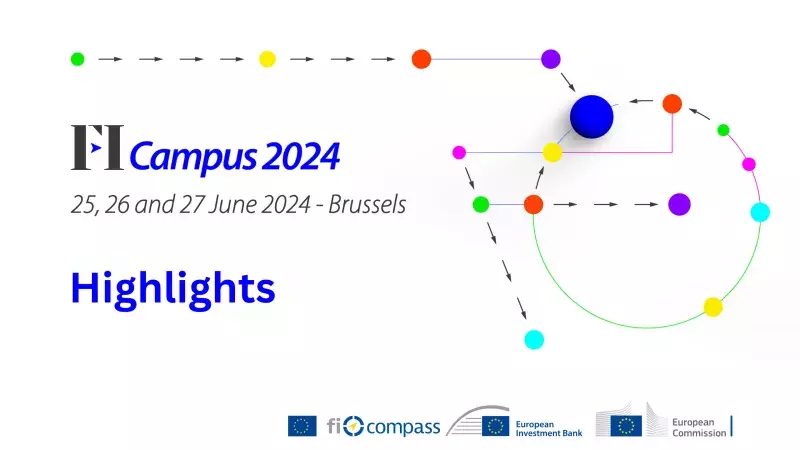
FI Campus 2024 – Carrying the torch for financial instruments
Check out the standout moments from FI Campus 2024, an event dedicated to financial instruments in the EU. Watch key segments from the conference, including a fireside chat with Commissioner Elisa Ferreira and European Investment Bank President Nadia Calviño. Enjoy exclusive interview snippets and get a sneak peek at our Showcase Award 2024 winners. Don't miss these essential highlights!
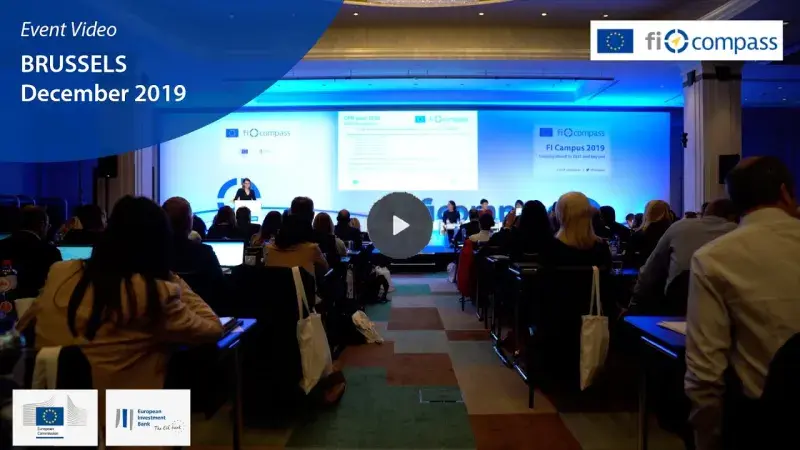
FI Campus 2019 – Highlights
FI Campus 2019 took place on 4-5 December 2019 in Brussels. The theme of this flagship fi-compass event was ‘Looking ahead to 2021 and beyond’. The programme included interactive panels on the proposed new Common Provisions Regulation and InvestEU as well as presentations on horizontal topics related to ESIF financial instruments, such as State aid and audit. Fund-specific sessions, case studies and workshops were organised on the use of financial instruments in a range of different sectors such as SME competitiveness, research development and innovation and urban development. Further information about FI Campus 2019 is available here: https://www.fi-compass.eu/event/5506/fi-campus-2019-looking-ahead-2021-and-beyond
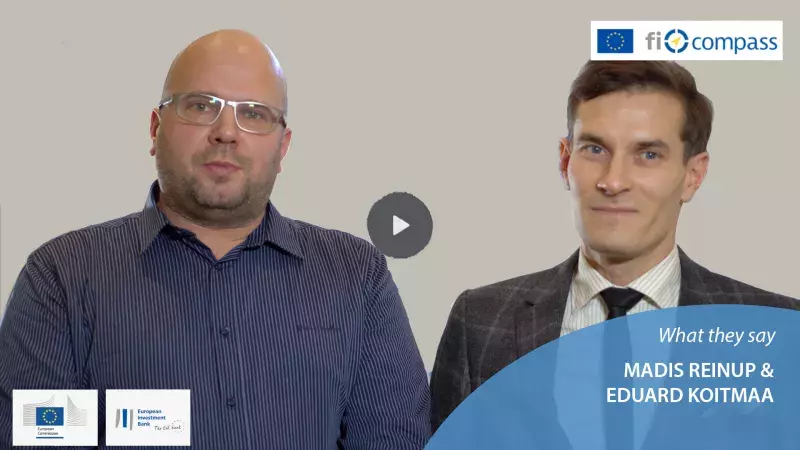
Sharing experience on EMFF financial instruments – Eduard Koitmaa and Madis Reinup
Eduard Koitmaa, Ministry of Rural Affairs
Madis Reinup, Rural Development Foundation, Estonia
Video testimonial recorded at the FI Campus 2018.

